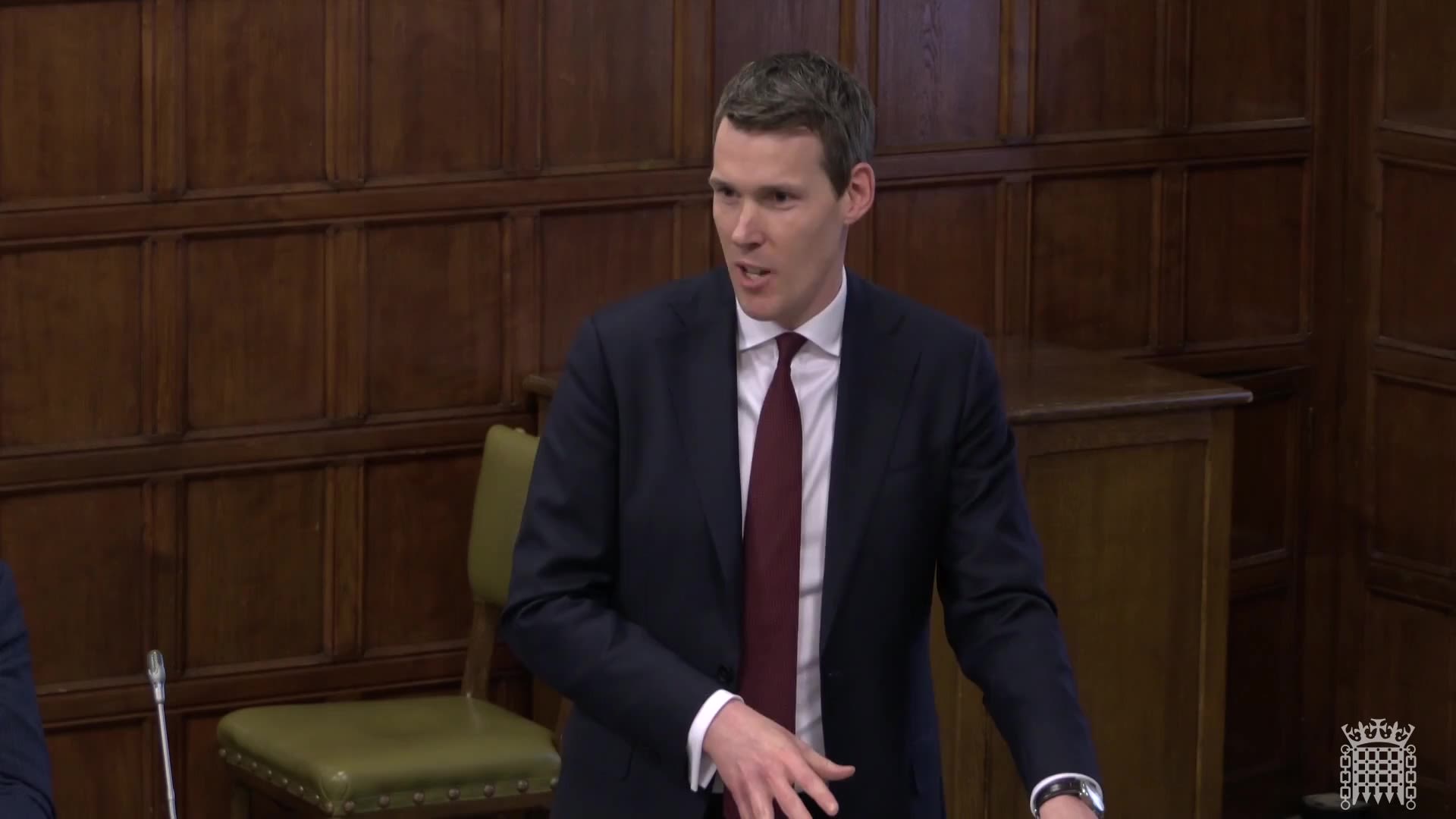Residential estate management companies
Your experiences shared for a Parliamentary debate

On 22 April 2025, Caroline Voaden MP led a debate in Westminster Hall on residential estate management companies.
To inform it, she asked to hear about your experiences.
Thank you to everyone who responded to the survey
Page contents:
Sharing survey responses

The Government's response

Housing Minister Matthew Pennycook MP responded to the debate on behalf of the Government.
He described the Government's current policies and future ambitions related to the debate topic.
Watch or read his full speech where he covers a range of topics, including:
- The Leasehold and Freehold Reform Act 2024. This contains powers to establish a regulatory framework to provide protections for residential freeholders on already constructed freehold estates, such as:
i. the provision of standardised demands and an annual report, in relation to estate management charges;
ii. requiring estate managers to consult homeowners where the anticipated cost of any works to be charged as an estate management charge exceed an appropriate amount;
iii. giving homeowners the right to challenge the reasonableness of charges;
iv. and giving residential freeholders the right to apply to a tribunal to appoint a substitute manager where their estate management company is failing.
- The Minister’s written ministerial statement to Parliament (21 November 2024) where he set out the Government’s intended sequencing for bringing the Act’s provisions into force, including the Act’s provisions on privately managed freehold estates which the government intends to “switch on as soon as is feasible.”
- Government commitments to consult this year on:
i. implementation of the Act’s new regulatory framework through “detailed secondary legislation.”
ii. additional legislative and policy options to reduce the prevalence of private estate management arrangements.
- The Government’s position that appropriate consultation is needed to ensure that its interventions capture the “diversity of models and challenges” associated with freehold estate management arrangements.
- The Competition and Market Authority’s (CMA) report on the housebuilding market (with sections on the private management of public amenities on housing estates on pages 48, 96, and 115).
- The Government’s response to the CMA’s report, including the CMA’s recommendations on the private management of public amenities on housing estates.
- The Government’s commitment to strengthening the regulation of managing agents of leasehold properties and estate managers of freehold estates. There will be a consultation on the detail later this year.
- Government plans to publish a Leasehold and Commonhold Reform Bill, for consultation and parliamentary scrutiny, in the second half of this year.
Find out more in the Commons Library’s constituency casework articles:
"I'd just like to say a huge thank you to the 1,114 people who responded to the request for information about residential estate management companies ahead of my debate on Tuesday in Westminster Hall.
"It was a really good debate, and I raised lots of issues that people are having. I'd urge you to watch the debate, or read it in Hansard, and hopefully we will be able to move this issue forward. Thanks again for taking the time to respond. ."

Parliamentary resources
House of Commons Library
- Leasehold reform in England and Wales: What’s happening and when? (February 2025)
- Freehold estate management (November 2024)
- Freehold houses: estate charges (June 2023)
- The regulation of letting and managing agents in England (May 2023)
Support services
- Leasehold Advisory Service (LEASE): Free government-funded advice on leasehold law, service charges, and rights.
- The Property Ombudsman (TPO): Independent dispute resolution for property management complaints (if the company is a member).
- Housing Ombudsman Service: Handles complaints about housing associations and some residential estate management issues.
- Citizens Advice: Free advice on housing, legal rights, and how to deal with disputes.
What are Westminster Hall debates?
Westminster Hall debates enable backbench MPs from any party to raise an issue, and receive a response from the government.
They do not involve a vote on a particular action or decision.
Instead, the aim is to:
- raise awareness of an issue, often as part of a wider campaign
- seek to influence government policy
- put the views of backbench MPs, opposition parties, and the government on record.
The setting
Westminster Hall debates happen in the Grand Committee Room — the second chamber of the House of Commons.
Here, MPs sit in a horseshoe shape. This can help to encourage a constructive atmosphere.
Chairing the debate
Westminster Hall debates are chaired by an MP. The role of the Chair is to:
- ensure debates keep to the time allocated
- call on MPs to speak
- make sure MPs follow the rules of debate.
To mark the start of the debate the Chair says:
"Order, order"
Opening the debate
The MP leading the debate makes the first speech.
They will generally:
- outline their views on the issue
- present examples
- in some cases, call on the government to take action.
Backbench speeches
After the opening speech, other backbench MPs take turns to speak in the debate.
The main opposition parties
For longer debates, the main opposition parties then have a chance to respond.
An MP from the third largest party generally goes first, and is followed by an MP from the official Opposition.
They outline their party’s position on the issue.
The government's response
The Chair then calls the Minister to respond to the debate on behalf of the government.
The Minister will generally:
- respond to concerns raised by MPs
- explain the government's position and policies
- share relevant plans or ambitions for the future.
Closing the debate
If there is enough time, the MP who opened the debate can make final comments.
The debate is then concluded.
Engaging with debates
- You can contact your MP and ask them to attend a debate. Or you can ask them to lead their own debate on an issue you feel is important.
- For some debates, you may be asked to share your insights and experiences. This can help inform the MPs taking part in the debate. See the Chamber Engagement website for details.
- You can watch debates online, read the transcripts, or attend in person. Find out what's on by looking at the Parliamentary calendar.
Lisa, Ian and Charlotte helped inform previous debates on topics like the menopause and pensions advice:
For more on Westminster Hall debates, see How Parliament Works.

Photo credit: UK Parliament / Jessica Taylor
